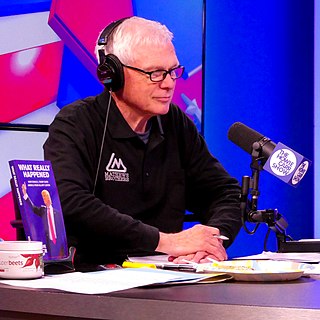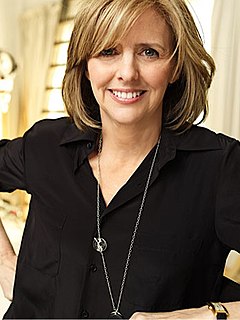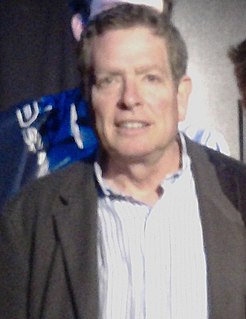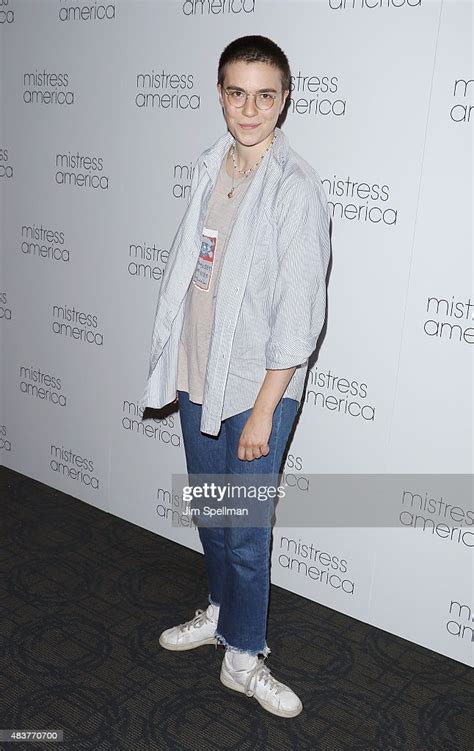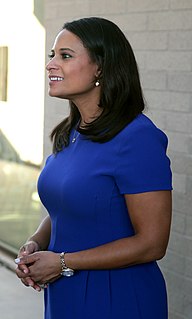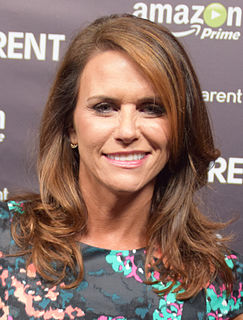A Quote by Gwen Ifill
I knew early on that I wanted to be a reporter, but I didn't know I was a political journalist until my first job in Boston, in the '70s, covering the public school committee at a time when busing was a huge issue. Children's lives were being directly affected by political decisions, and that's when I realized that everything is politics.
Related Quotes
I see a huge, huge divide between the people who are facing the most barriers and violence and the kinds of stories being told in mainstream American politics. The issues that I think most about - how many people's lives are being affected by prisons and policing, how many people's lives are being affected by immigration enforcement and deportation - those stories aren't being touched, let alone told, in mainstream politics.
For me, what is political is very personal. Politics are not this abstract idea. Laws are the rules that dictate how we live our lives. What we eat is political. How we dress is political. Where we live is political. All of these things are influenced by political decision-making, and it's important to be part of the process.
The worst illiterate is the political illiterate. He hears nothing, sees nothing, takes no part in political life. He doesn't seem to know that the cost of living, the price of beans, of flour, of rent, of medicines all depend on political decisions. He even prides himself on his political ignorance, sticks out his chest and says he hates politics. He doesn't know, the imbecile, that from his political non-participation comes the prostitute, the abandoned child, the robber and, worst of all, corrupt officials, the lackeys of exploitative multinational corporations.
I am a political human being. I have - that's one of my interests. I studied political science in college. I was actually going to get my Ph.D. in poli-sci. And a lot of my material from early on in my career dealt with politics, so I've always considered myself as somebody who enjoys political humor. So I'm not going to stop.


